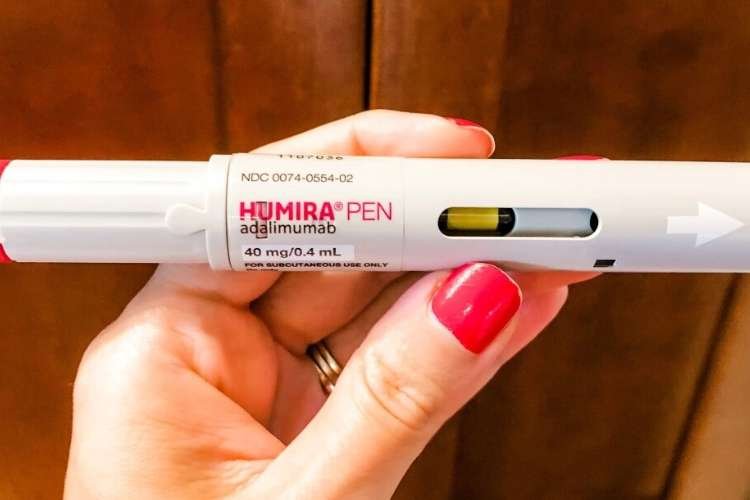In the race to capture a share of the $20 billion annual revenue generated by AbbVie’s blockbuster biologic, Humira biosimilars have made their presence known this year. However, according to an analysis by Spherix Global Insights, these biosimilars have yet to make a substantial impact on the market. The analysis highlights a “continued erosion” of AbbVie’s Humira in favor of an increasing acceptance of various biosimilars.
Despite this trend, the report points out that healthcare prescribers, particularly dermatologists, have not fully embraced these new entrants. Rheumatologists, on the other hand, reported the least erosion in the use of branded Humira.
The analysis is based on a survey of US healthcare specialists, including dermatologists, gastroenterologists, and rheumatologists. Humira has been a significant revenue generator for AbbVie, raking in $20 billion annually at its peak, thanks to its expansion into various indications over the years, including rheumatoid arthritis, psoriatic arthritis, Crohn’s disease, ulcerative colitis, plaque psoriasis, and other autoimmune disorders.
In anticipation of generic competition, AbbVie has been preparing for the decline in sales of its flagship drug. It has reduced advertising for Humira across all its brands and shifted its focus to immunology drugs like Rinvoq and Skyrizi to compensate for the expected sales decline. In fact, Humira sales are projected to drop by about 37% this year, primarily due to the influx of biosimilars.
Among the significant biosimilar entrants against Humira this year is Amjevita by Amgen, which received FDA approval in January with the same broad labels as Humira. Other key players include Boehringer Ingelheim’s Cyltezo, Sandoz’s Hyrimoz, Biocon’s Hulio, and Coherus BioSciences’ Yusimry.
Spherix’s survey revealed that most participants were aware of the increasing availability of adalimumab biosimilars, with Amjevita being the most recognized, followed by Cyltezo. The latter stands out as the only FDA-approved biosimilar with interchangeability status, meaning it is considered highly similar to Humira, alleviating safety and efficacy concerns for prescribers.
Sandoz’s Hyrimoz and Biocon’s Hulio gained notable recognition among dermatologists and rheumatologists, while Coherus BioSciences’ Yusimry had higher recall rates among gastroenterologists.
The report also emphasized the importance of clear and regular sales representative messaging to boost biosimilar adoption, as many specialists reported a lack of differentiation between the new adalimumab biosimilars on the market. Currently, Humira maintains the highest frequency of sales representative visits, while Amjevita’s messaging emphasizes comparative efficacy and cost savings.
Efficacy remains the top concern among prescribers regarding adalimumab biosimilars, followed by safety and the overall lack of cost savings, according to the report.





























